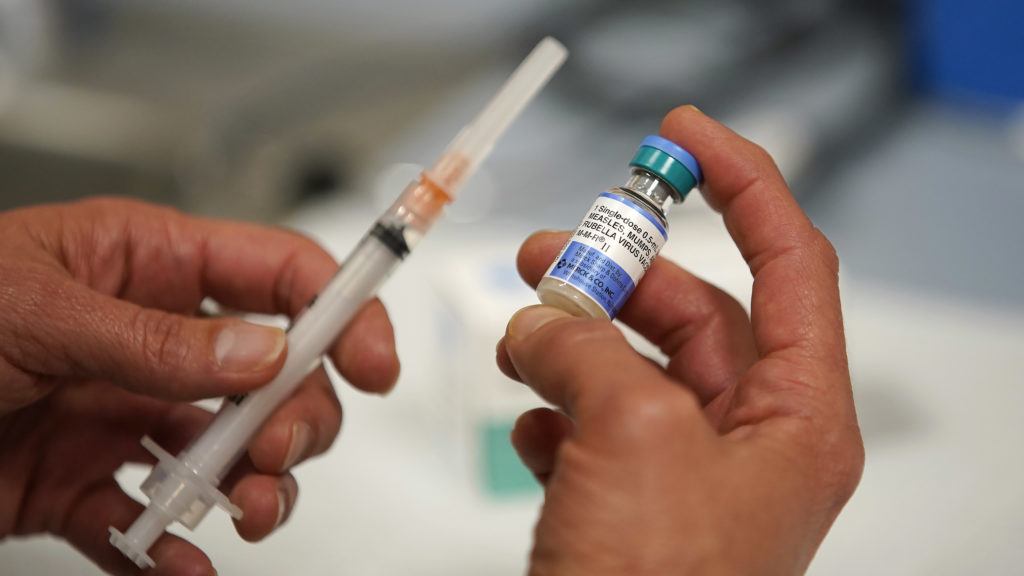Measles vaccination coverage globally has still not recovered to pre-Covid levels, a fact that contributed to a 20% increase in measles cases in 2023 over the previous year, according to a new report from the World Health Organization and the Centers for Disease Control and Prevention that was released Thursday.
The pandemic backsliding is hindering efforts to eliminate measles globally, and subjecting children — generally children under the age of 5 — to a health threat that can be fatal in some cases or trigger lifelong consequences such as deafness in others.
advertisement
“We’re talking about a lot of children who are dying from measles every year from a disease that’s entirely preventable,” Natasha Crowcroft, the WHO’s senior technical adviser for measles and rubella, said during a press conference to discuss the report, which was published in the CDC’s online journal Morbidity and Mortality Weekly Report.
In 2023, 10.3 million cases of measles were reported globally, with increases occurring in most regions of the world. Only two WHO regions — the Americas and the eastern Mediterranean region — reported declines in cases in 2023.
Despite the double-digit increase in the number of cases, 107,500 deaths from measles were reported, down 8% from 2022. That is likely due to the geographic distribution of the cases, said Christine Dubray, measles elimination team lead at the CDC. Children who live in low-income countries or in conflict zones where malnutrition and/or a lack of access to health care may be a problem are more likely to die from measles infections.
advertisement
Children sickened with the highly infectious disease experience high fever and an itchy rash. Most people who contract measles will feel miserable but will recover. But one in five people in the U.S. who contract measles will be hospitalized for the illness. In younger children, about one in 20 will develop pneumonia. In about one out of every 1,000 cases, measles will lead to encephalitis — swelling of the brain. That can result in permanent changes in personality and intellectual development.
The measles vaccine is highly effective but requires two doses for maximum impact. In 2023, an estimated 83% of eligible children globally received their first dose of measles vaccine, but only 74% received their second dose. Those rates are too low to keep measles from circulating. Crowcroft said more than 22 million children who should have been vaccinated last year did not receive a single dose of the vaccine.
All six of the WHO’s health regions are committed to trying to eliminate transmission of measles. Currently only the region of the Americas has measles-free status, Crowcroft said. Despite these longstanding commitments, keeping political attention on stopping spread of measles is a growing problem, she said.
It “takes an enormous global effort to reach every child,” Crowcroft said. “And getting movement on this is, if anything, getting harder in the current economic context. It’s getting harder for countries to make progress.”

